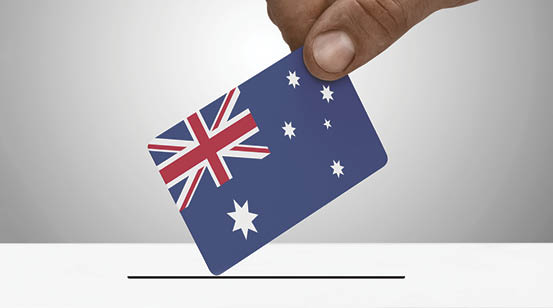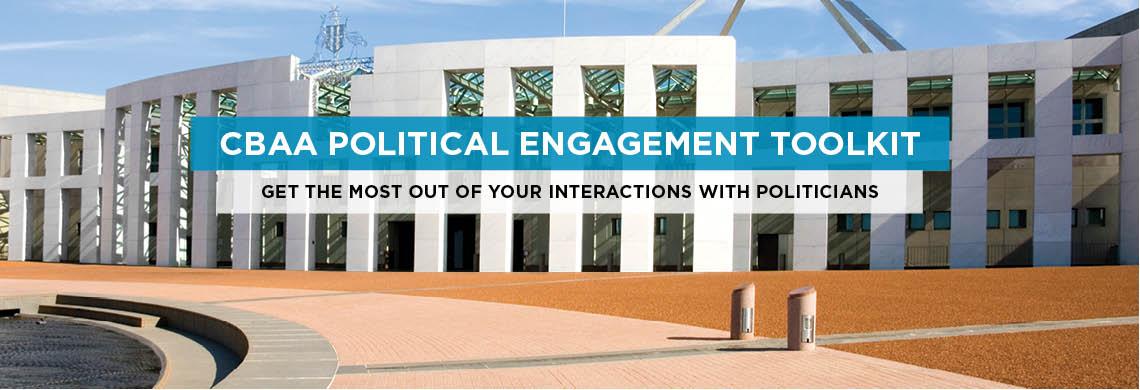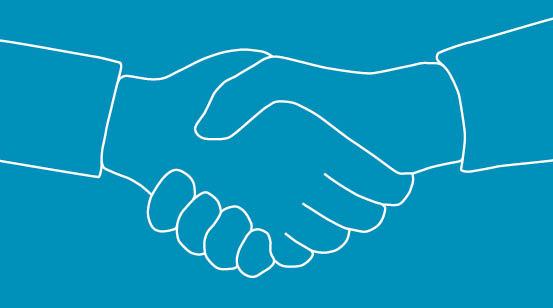Understanding Politicians
As in all forms of communication, knowing who you are talking to, how they think and what they want is crucially important.
Who do I need to know?
Federal
-

LOCAL MEMBER: The voice of your community in Canberra. Can be an important advocate for community radio. You can be their conduit to their constituency. Target for regular on-air appearances and participation in fundraising.
- MINISTER FOR COMMUNICATIONS: Key decision-maker about your industry, with around 12 per cent of station income coming directly from the federal budget. Congratulate newly appointed Ministers, introduce them to what your station does and invite them to visit when they are in the area.
- COMMUNICATIONS SPOKESPEOPLE: The Opposition Shadow Minister or Cross-bench Spokesperson will likely be more accessible than the Minister. Plus, they could very well be Minister one day. Congratulate incoming spokespeople and keep them updated with station milestones.
- OTHER MINISTERS & SPOKESPEOPLE: If you’re a specialist station, or have programs that deal with specialist areas, you need to interact with the relevant Minister, shadow Minister and Spokespeople.
State/Territory
- LOCAL MEMBER: The voice of your community in your state or territory parliament, this local politician is likely more available than your federal MP. Some states – Victoria, Tasmania and Western Australia – have Upper Houses that have geographically distinct areas.
- MINISTERS & SPOKESPEOPLE: State and territory level politicians are more likely to visit your local area than their federal counterparts. Target them for funding partnerships across service areas, e.g. youth, education and ATSI.
Local council
- MAYOR: Likely to be your most accessible high-profile politician, wanting to regularly promote Council activities in your local community.
- COUNCILLORS: Will generally be available to discuss local issues.
What do politicians want?
Despite rumours to the contrary, politicians are as human as the rest of us, and have similar needs. By understanding what politicians want you will be able to engage with them more productively
|
|
POSITIVE REINFORCEMENT: People are very quick to complain to politicians when something happens they don't like – which is fine because dealing with these concerns is a core part of a politician’s job – but very few people will get in touch to say 'well done'. Finding ways to acknowledge the positive work your local representative does can go a long way to building a healthy and respectful relationship. |

|
SIMPLE REQUESTS WITH SIMPLE OUTCOMES: Politicians get asked to do multiple things every day. Some of these issues are extremely complex and some have no solution. There’s nothing an under-pressure politician likes more than being a simple request that they can respond to and action immediately. It’s worth keeping this in mind as you engage with MPs. Also note that you don’t need to rush everything into the first time you meet or talk. A series of simple encounters can give the time needed to build a more nuanced relationship. |
 |
KEEPING THEIR JOBS: The job of politicians is to represent their constituencies at their particular level of government. To continue doing this job they need to get re-elected every 3-4 years (or longer if they’re in the Senate or some Upper Houses). The six months leading up to an election, or immediately following a state or federal budget, can be good times to target politicians, who will be wanting increased community engagement at this time. Highlight to politicians that by engaging with your station they will be engaging directly with their constituents in a meaningful way. |
What can politicians do?
People often unrealistically expect politicians to be able to solve their problems, not understanding what different politicians can actually do, either within government, a political party, or in the community. Having an understanding of exactly what politicians can and can’t do is crucial.
In the community
- Communication and outreach: All politicians have a communications allowance that they use to connect with their constituents, often via email or direct mail. They will also invariably have strategies to reach difference parts of the community, including by hosting events, round tables and even sending cards to people on their birthdays.
- Community events: Local representatives are frequently asked to attend and speak at events occurring in the community, from café openings to citizenship ceremonies. This provides politicians with a wide network within their local area.
- Funding opportunities: In some legislatures, particularly at a state level, a certain amount of money is put aside per electorate to give small grants to community and not-for-profit organisations. Local politicians can play a key role in deciding where this money is spent.
Directly for your station
- ON-AIR - Regular scheduled appearances will cement your station as a conduit between a politician and the community. Even occasional news interviews will help connect your listeners to what happens in state or federal parliament. Politicians may purchase sponsorship minutes to promote their activities (if your station permits political sponsorship).
- OFF AIR - Extend an invitation for politicians to visit your station and see what you do first hand. If you run fund-raising or other station events, invite politicians to attend and make a contribution via a short speech.
- CONNECTIONS - All politicians have networks they are connected to and communications systems in place to reach them. Make sure you’re on your MPs email or media lists, keeping an eye out for events and opportunities.
In the halls of parliament or council chambers
|
Federal |
Legislation |
MPs often look for ways to make their speeches on legislation relevant to their local community. |
|
Question Time |
Whether your MP is able to occasionally ask a locally relevant question will depend on their seniority. |
|
|
Private Members Statements |
Every MP gets these periodically. Most use them to talk about notable events or organisations in their community. |
|
|
Motions |
Can be used to obtain public acknowledgement of something that has happened in the community. For example congratulating your station on its 25 year anniversary. |
|
|
Committees |
Standing committees are largely based on Ministries and the particulars of the Budget. Special purpose committees can sometimes be established into contentious issues. |
|
|
Petitions |
MPs can table petitions signed and presented to them by their constituencies. Petitions are not an end unto themselves. They need to be accompanied by a community engagement and communications strategy. |
|
|
|
|
|
|
State/Territory* |
Legislation |
Same principle as in federal parliament. Politicians love being able to mention local constituents and organisations in legislation debates. |
|
Question Time |
Similar to in federal parliament. |
|
|
Motions |
Similar to in federal parliament. |
|
|
Private Members Statements |
Similar to in federal parliament. |
|
|
Community Recognition Statements |
Some legislatures regularly give members a short period of time to make formal non-political recognition of the work done by community and not-for profit groups in the local area. This could very well include your station. |
|
|
Petitions |
Similar to in federal parliament. |
|
|
Committees |
Similar to federal parliament but based on state/territory ministries, budgets and issues. |
|
|
|
|
|
|
Local |
Motions |
All councillors can put motions on the agenda of meetings to change council policy on particular issues. These are invariably focused on in the local area. |
|
Development Applications |
Relating to proposed construction works to new or existing properties, DAs can often be contentious points of conflict between residents and the developer. |
|
|
Budget |
Geared towards service delivery within council boundaries, local budgets have a direct impact on what happens in the local area. |
|
|
Advisory Committees |
Local council committees often have members of the community sitting on them alongside councilors. These committees are ways for the community to feed directly into issues that are relevant for them, for example disability access, the environment, traffic, youth and seniors. |
* The exact actions your state/territory MP is able to take will depend on which state/territory they are in.
** Different councils will have different practices and procedures.
Quick resources
READ MORE
When you are talking to your politicians, you need to be prepared to promote community radio.
Like with most other campaigns, a successful political engagement campaign will combine a variety of different strategies.
Partisan politics can be a vicious business and stations are right to tread carefully.





